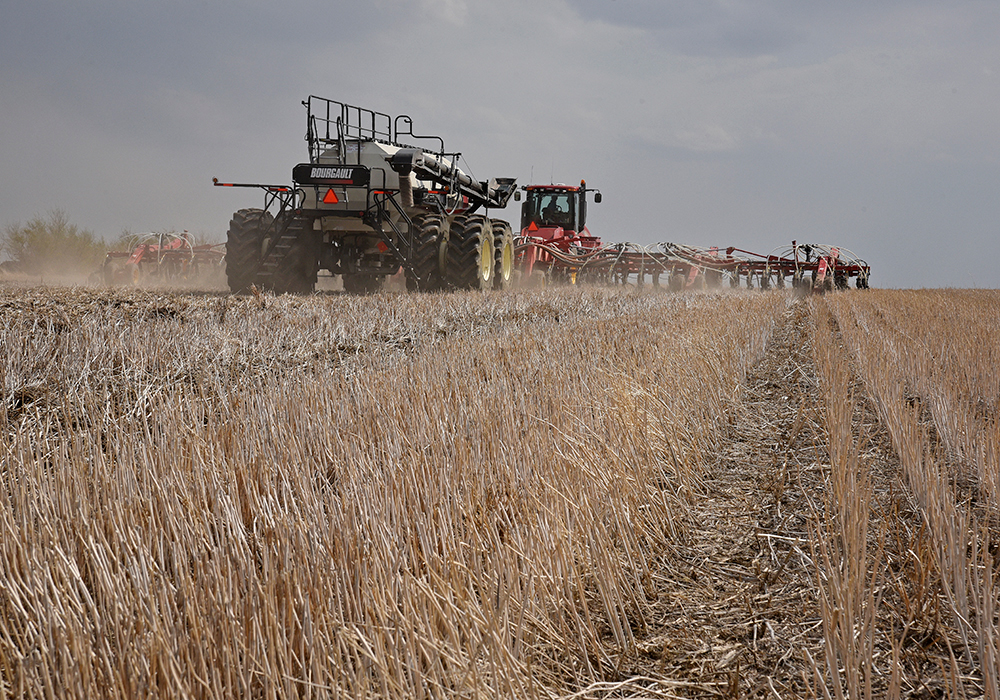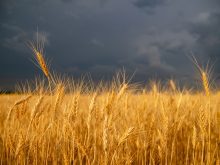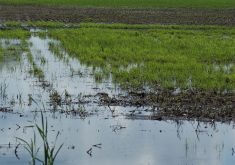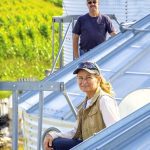Maybe crop producers don’t need a code of practice. Maybe there are better approaches. The Canadian Roundtable for Sustainable Crops will be asking producers for their input in the weeks ahead.
Last winter, when the CRSC rolled out its draft Code of Practice, Responsible Grain there was a great deal of push back. Even though this would be a voluntary code of practice similar to the approach used for livestock, many grain producers taking part in the consultation worried about guidelines becoming mandatory.
They also wondered why a code was needed in the first place and how it would help with public trust. Many viewed the draft code as negative and prescriptive rather than showcasing the positives in Canadian crop production.
Read Also
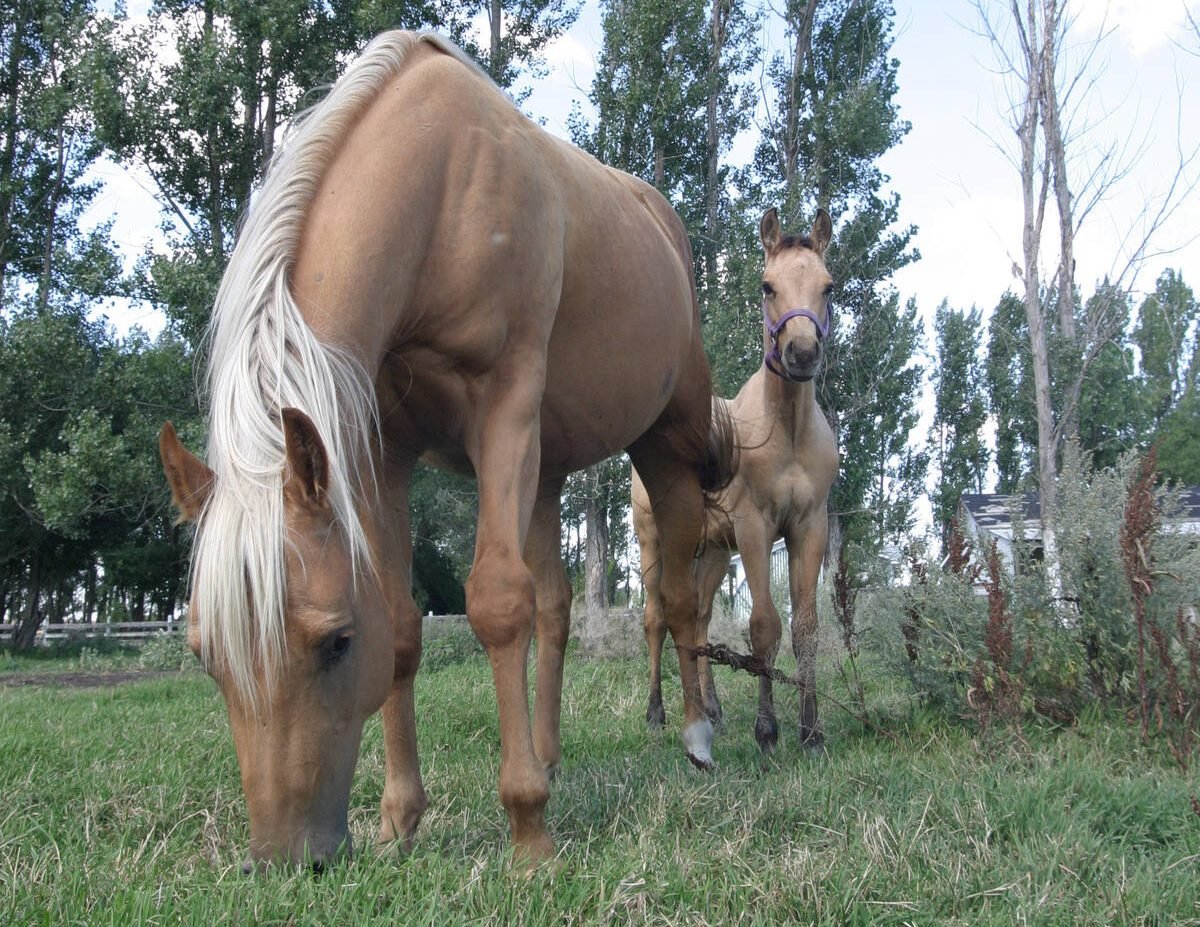
Growth plates are instrumental in shaping a horse’s life
Young horse training plans and workloads must match their skeletal development. Failing to plan around growth plates can create lifelong physical problems.
To its credit, the CRSC realized it had missed a step. Producers need the background on the issues a code is supposed to address before next steps are determined. That’s what will happen in the upcoming round of consultations. The CRSC says no decision has been taken on if, or how, to rewrite a code.
So, instead of a code, a 22-page document called “Sustainability in the marketplace — need and opportunity for action” will be the basis for discussion. The document deals with the trust and concerns of Canadian consumers.
More importantly, it goes into depth on the sustainability commitments being made by the food companies that buy Canadian grain. It also provides information on what competing exporters are doing to prepare for increased interest in proving that production is sustainable.
From climate change to regenerative agriculture to the Federal-Provincial-Territorial Agriculture Policy Framework, the report does a good job of highlighting the public pressures shaping the marketplace.
The consultation started with crop commissions so those producers along with administrative staff are the first to see the document and have the opportunity to participate in an online discussion. The general farm population will get its chance soon.
Perhaps when producers see the rationale, there will be a better appreciation of what a code of practice can accomplish. Maybe it’s the right tool at this time or perhaps other courses of action will materialize.
I’ve supported the intent of a voluntary code of practice. Voluntary codes seem useful for the various livestock species. However, I’ve come to wonder if another approach, actually a two-pronged approach, would be better for crops.
Rather than lumping the entire crop-producing industry under a voluntary code, why not have a Canadian Verified Responsible Grain Program producers can join if they so desire? It takes time for a verification program to become established and for buyers to take notice, but this might be more meaningful than a broad, voluntary code.
To determine the elements of a verification program, it would be best to look at the certification programs already in place in other countries and by various major food manufacturers. Each producer could determine whether being a part of the program increases sales and pricing options enough to warrant the effort.
The second prong would be for the Canadian Roundtable on Sustainable Crops to publish data on overall crop sustainability. With high adoption of minimum tillage, widespread production of pulse crops and lower chemical inputs than many of our competitors, Canada has a good story to tell. However, it must be presented in a credible manner and show advances over time.
These are just my ideas. Hopefully, many producers will lend their input to the consultation process.
Kevin Hursh is an agricultural journalist, consultant and farmer. He can be reached by e-mail at kevin@hursh.ca.


